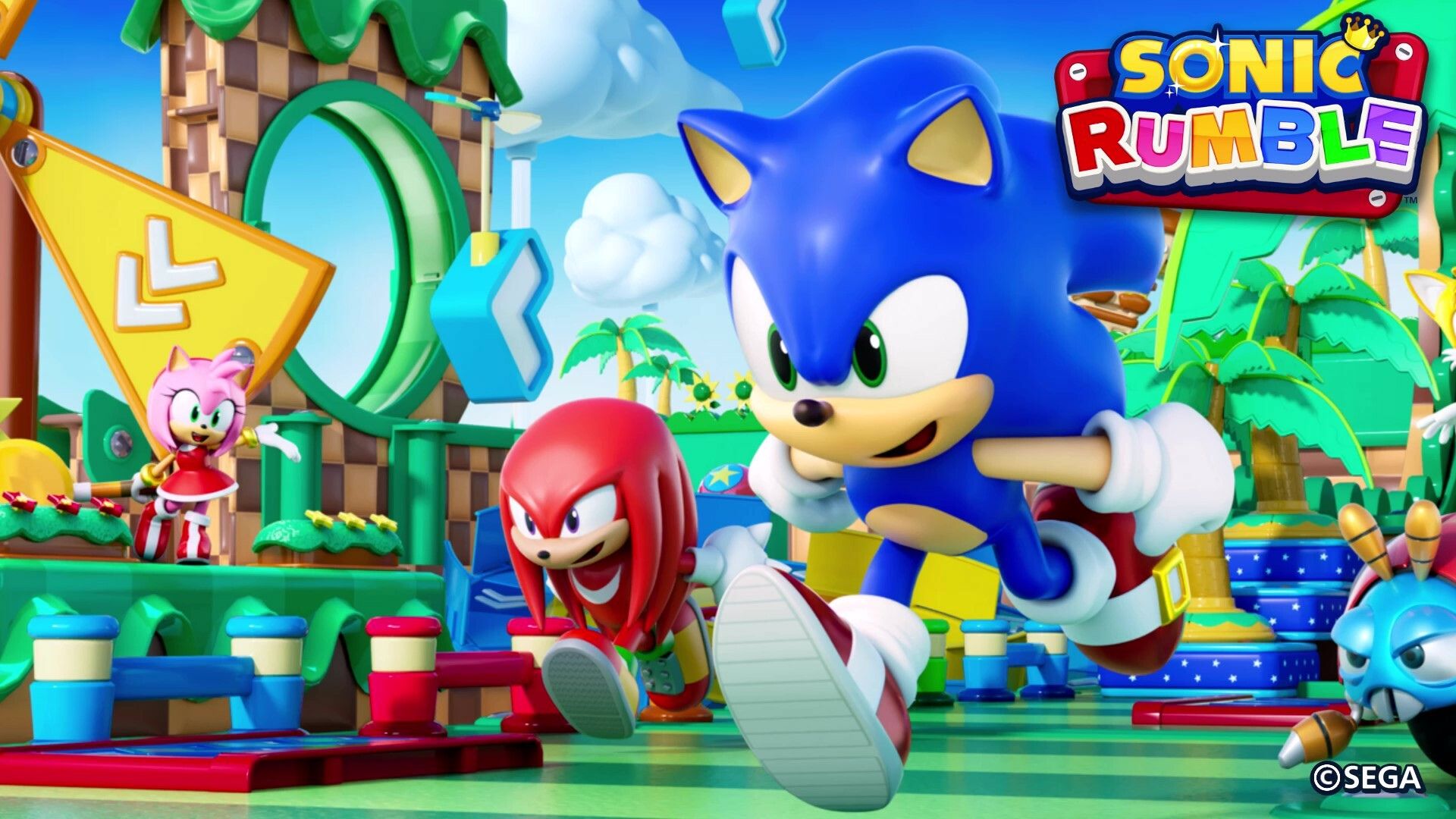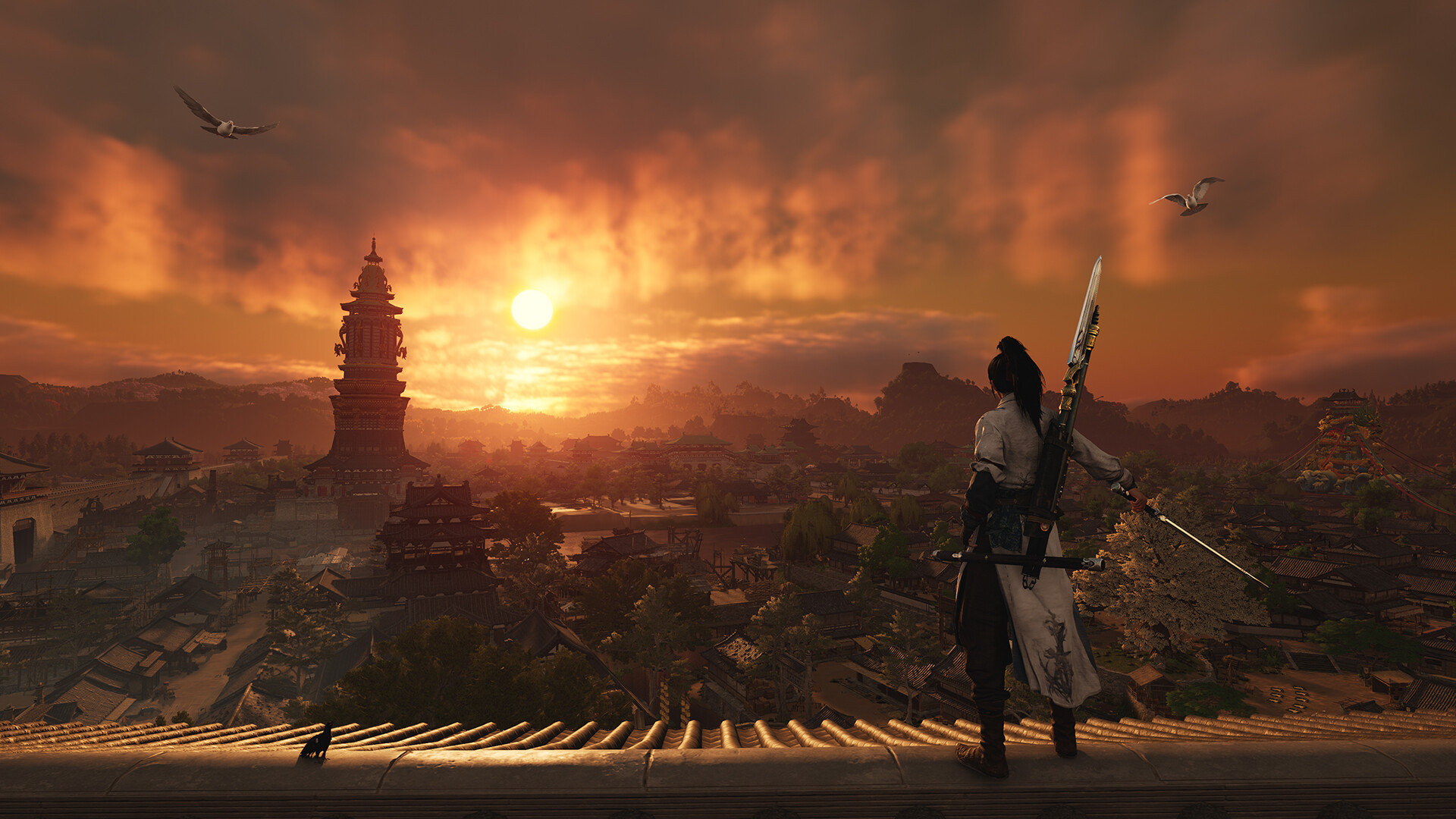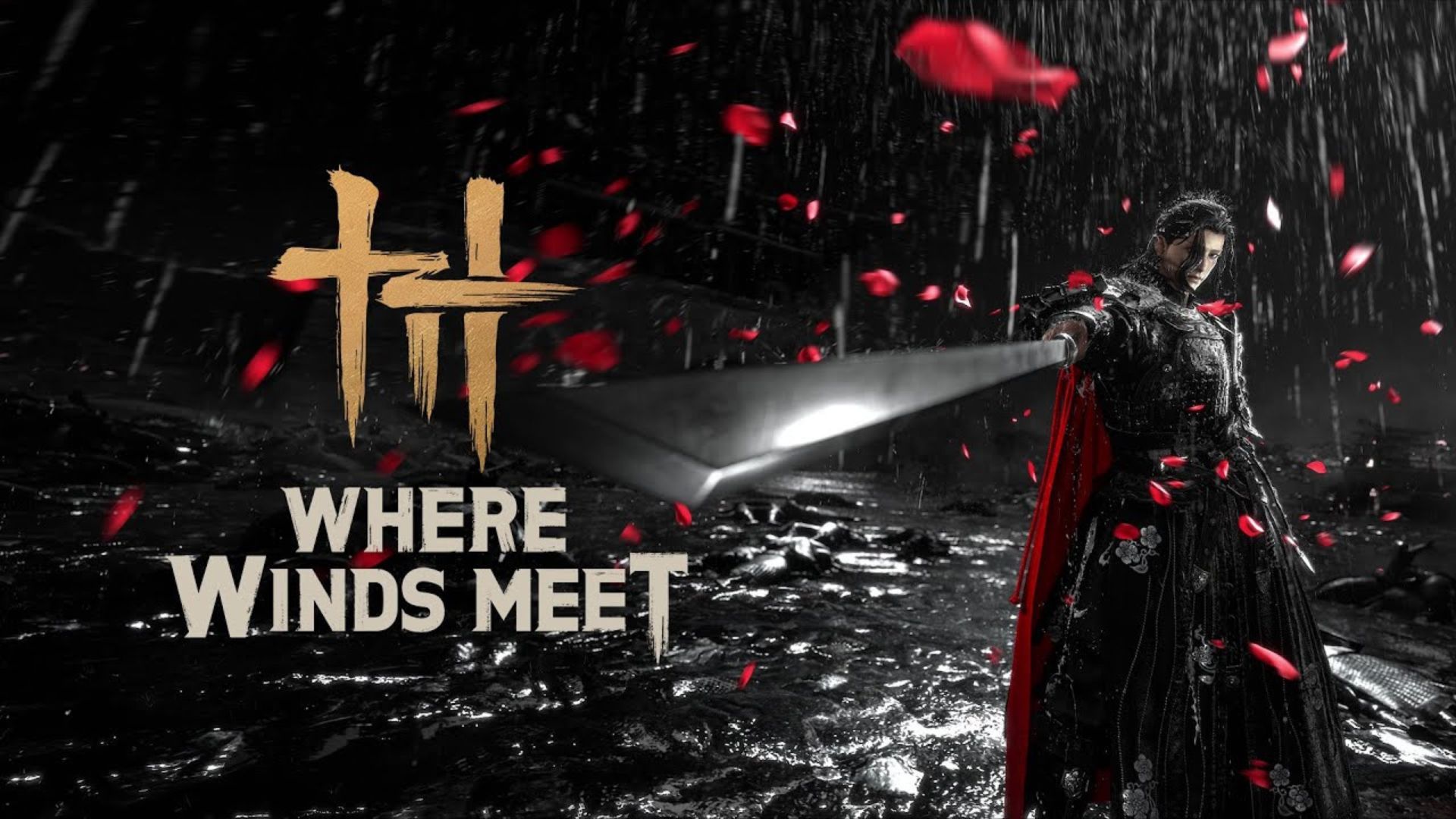The Gacha system in Limbus Company allows you to obtain powerful identities. Here’s what makes this gacha game so unique.
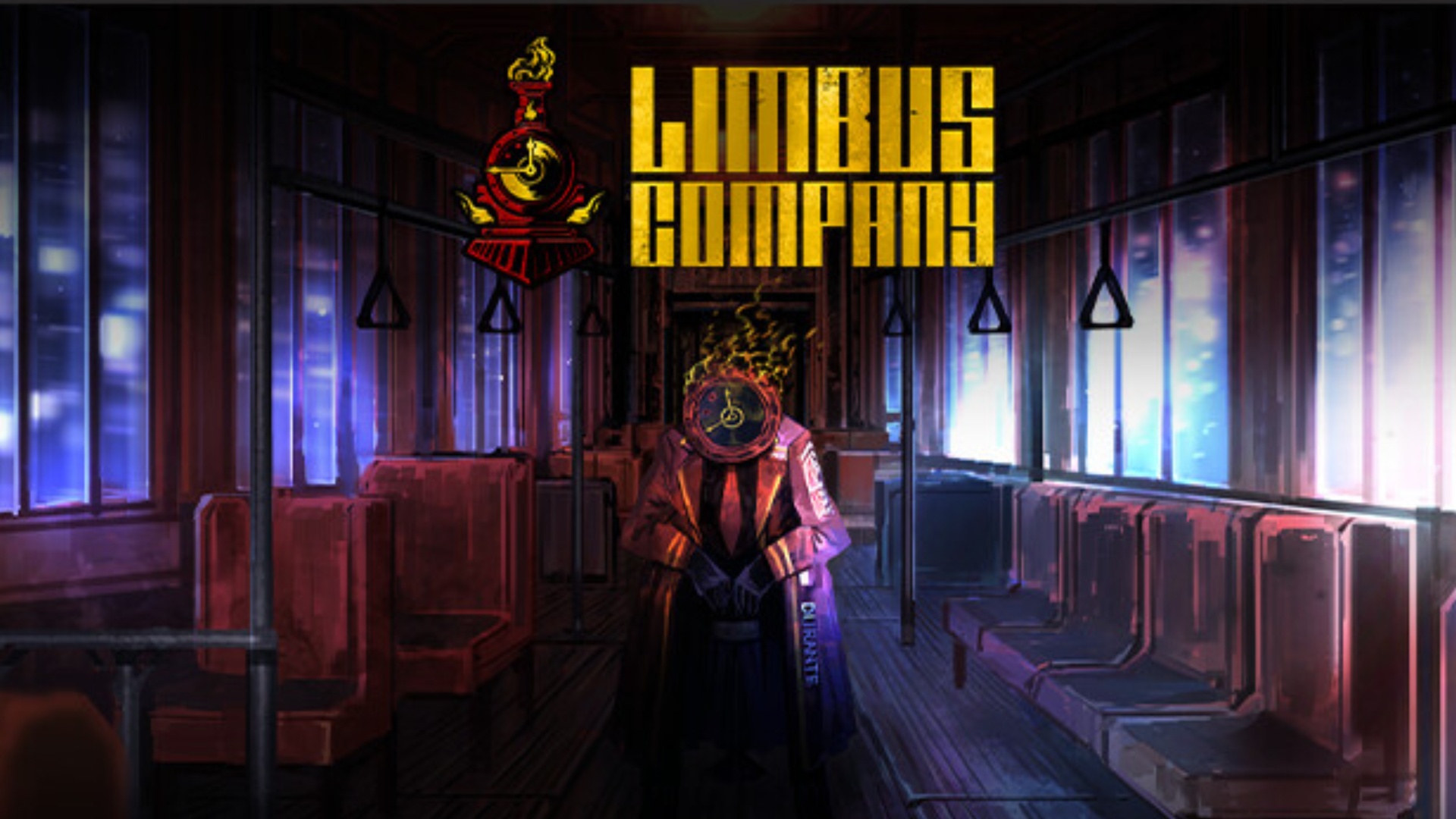
Limbus Company is a turn-based, story-rich gacha game developed by ProjectMoon. The term gacha refers to a mechanic where players can spend real money to buy in-game currency or items, which allows them to unlock or purchase random special characters and equipment. Gacha is inspired by Japanese vending machines called gashapon, which dispense capsules containing rewards in exchange for money.
This guide explains what makes the gacha system in Limbus Company so unique.
Also Read: Top 5 Upcoming Gacha Games for 2025
What Makes Limbus Company Unique?
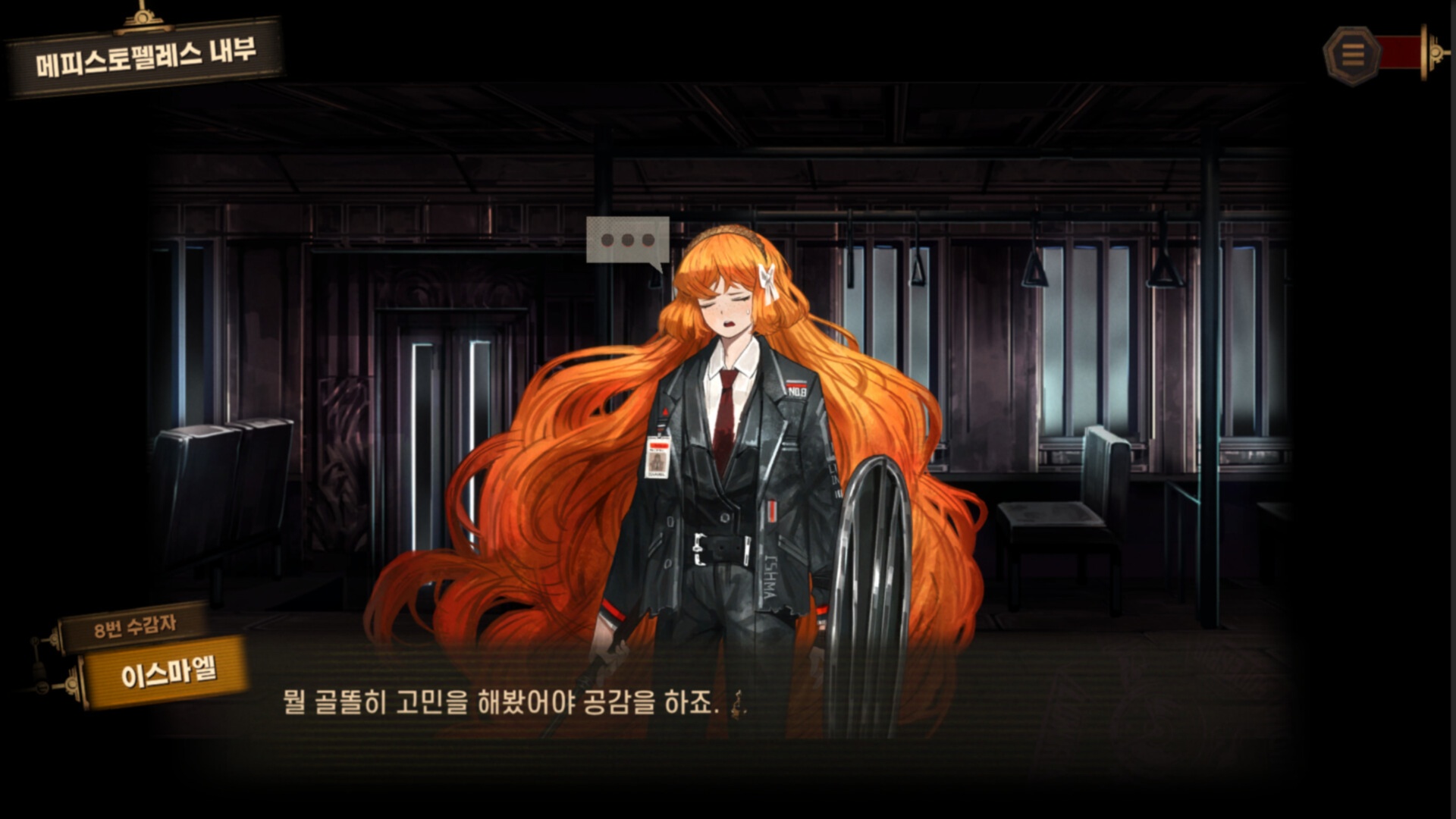
Limbus Company is a sequel to Lobotomy Corporation and Library of Ruina, as its story follows the events of those two games. It’s important to note that Limbus Company differs significantly from most other gacha games because of its method of acquiring characters.
In most gacha games, you use banners to pull for characters. New banners often introduce stronger characters or gear to help you beat end-game content. However, Limbus Company does not feature banners for new characters. Instead, you manage 12 individuals called Sinners. Through the gacha system, you obtain different identities or versions of these Sinners.
Basically, you keep using the same characters but with different personas. Limbus Company makes the banner system very player-friendly because most content can be cleared with identities that are easy to obtain.
Should You Play Limbus Company Because of Its Gacha System?
Yes, you should try Limbus Company, but not only for its gacha features. The game offers a rich, immersive world with deep characters that make the story engaging. However, ProjectMoon’s style in their games can be hit or miss for many players. Still, if you enjoy a well-developed universe with a darker tone, Limbus Company is worth trying.
Thank you for reading the article. We provide the latest news and create guides for new and old titles, including Death Stranding 2, Baldur’s Gate 3, Roblox, Destiny 2, and more.
 Reddit
Reddit
 Email
Email
